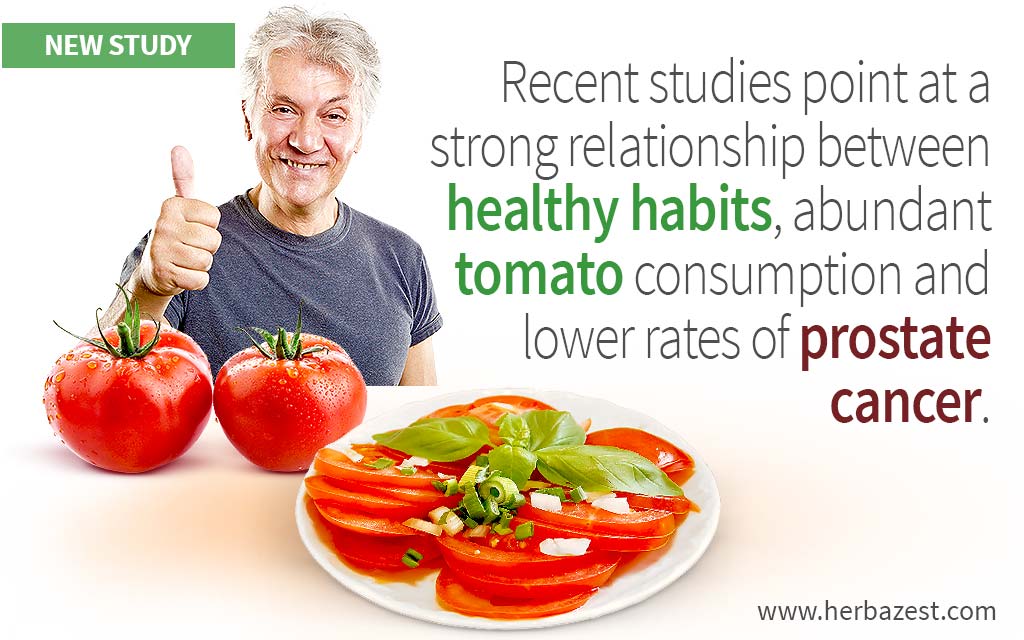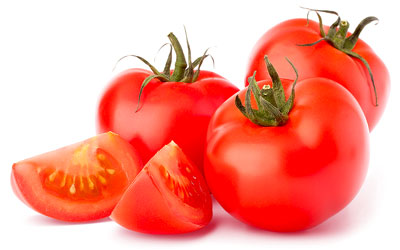With nearly 10,000 deaths and 35,000 new cases every year, prostate cancer is the second most common cancer in men around the world. However, recent studies have suggested that tomato may provide protection against prostate cancer.
The Study
A team of researchers from the Universities of Bristol, Cambridge, and Oxford in the U.K. analyzed and compared the diets and lifestyles of 1,806 men between 50 - 69 years old with prostate cancer and 12,005 healthy men. The study became the first of its kind to develop a prostate cancer "dietary index" of specific nutrients - such as selenium and calcium - that have been linked in some way to prostate cancer.
The Results
Tomatoes and tomato products proved to be the most beneficial foods in the study. The men who ate more than 10 portions of tomatoes per week showed an 18% reduction in the risk of developing prostate cancer. Researchers believe this beneficial effect is due to lycopene, an antioxidant that helps protect cells and fight free radicals.
What Does This Mean?
Although further research needs to be conducted, the study suggests that compounds other than lycopene could also be playing a role in the preventative action of tomatoes. While the causes and risk factors of the different types of prostate cancer are yet to be elucidated, it has become clear that an active lifestyle and a vegetable-rich diet are crucial in the quest for longevity and health.
Sources
- Cancer Epidemiology, Biomarkers & Prevention, Adherence to dietary and lifestyle recommendations and prostate cancer risk in the Prostate Testing for Cancer and Treatment (ProtecT) trial, 2014
- University of Bristol, Fighting prostate cancer with a tomato-rich diet





